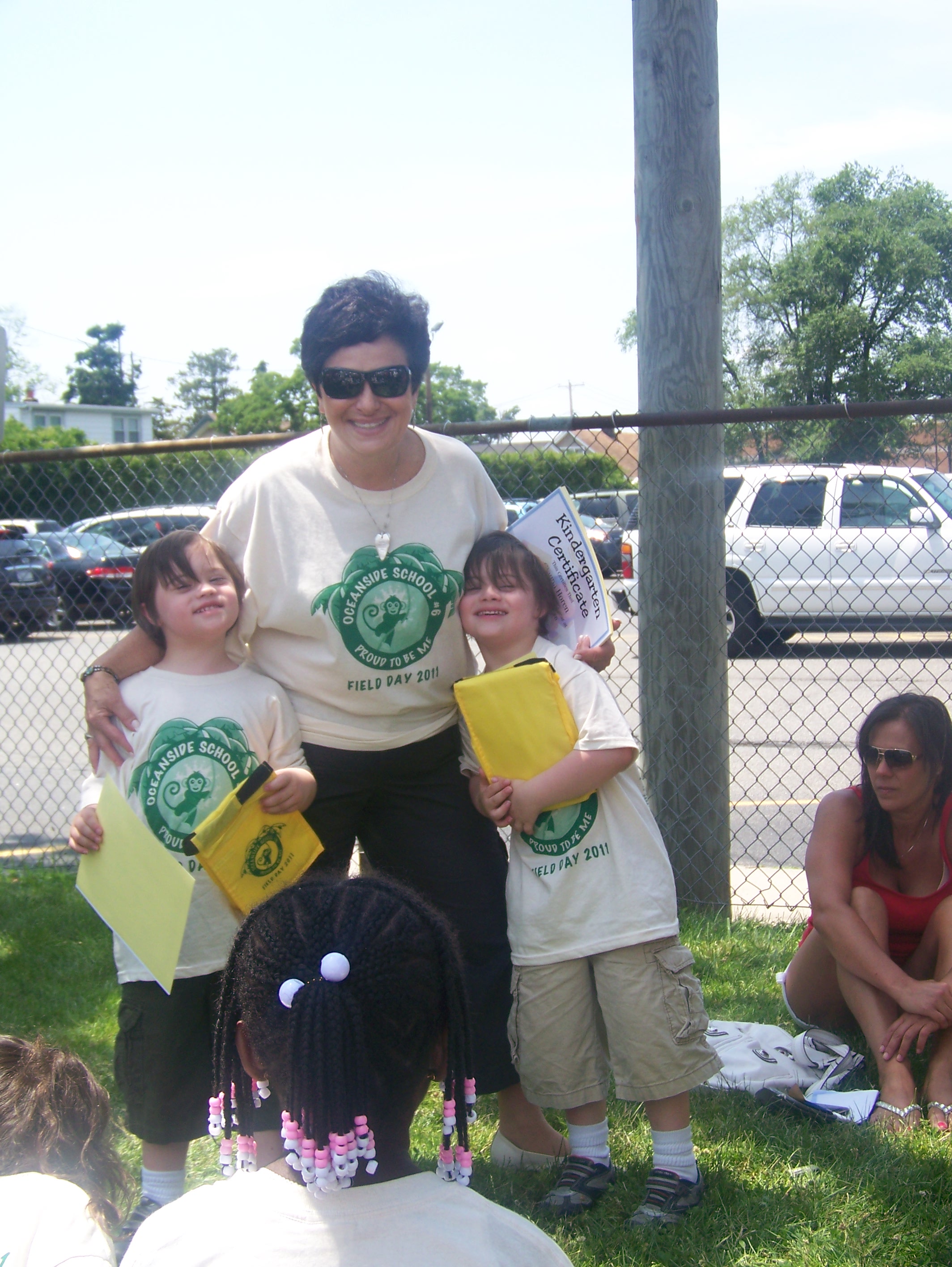
You might have read that we played hooky from Summer School this year. As a result of that post, a few parents of children with special needs have congratulated me on my first–but perhaps not last–foray into home schooling. I’ve got mixed feelings about this… See, I’ve always been a proponent of the public school system… right up until I had kids and realized that my distaste for the Bell Curve method applied to pretty much anything detracts from individualized instruction and separates the outliers from the typical. Not a very inclusionary attitude.
I grew up an inclusionist–surrounded by, and accepting of, people with special needs. I expected nothing less but, sadly, have received nothing more than token inclusion at school for My Boys. That is, it looks good on a piece of paper but what is actually being delivered is still segregation at heart and in practice. Pushing inclusion in my school district is fast becoming a primary focus for my advocacy efforts–right behind making sure my children are receiving their fair and public and INCLUDED education… in the least restrictive environment with appropriate supports to ensure their academic progress. Nothing more or less than what the the law promises!
The dilemma: If I pull My Boys out of the public school system because it is not meeting their needs, not educating them, not providing appropriate support to ensure their academic success, not, not, not… then am I effectively quitting the fight for inclusion in education? Certainly, I could, should and will keep fighting for inclusion in the community, workplace and family setting. But for most typically-developing kids, exposure to disability (unless it’s present in their immediate family) and the natural inclusion of people with special needs predominantly starts at school.
A study done in England showed that the segregation mindset–the notion that people with special needs should be kept separate from the general population–is already evident by the time children are in first grade. This is likely due to familial influence. To change this, we need to introduce the alternative–inclusion–early and consistently. School is generally the first time children are introduced to attitudes other than their family’s. So, exposure to and inclusion of children with special needs in the education system, right from the start, is critical to changing the mindset of future generations. If I pull My Boys and the Old Soul out to home-school them, I am segregating them from the general population. There are three fewer people with special needs in the general population to demonstrate that “disability is natural.”
If we all choose to home-school our children with special needs–versus push the public schools to make inclusion work as a best practice proven out in the research and supported by the laws–then aren’t we supporting the notion that our children with special needs are best educated separately? We’ve changed nothing for future generations. I, for one, am eternally grateful for the parents who’ve gone before me to pave the way for My Boys to live their lives outside of an institution, to be educated, to attend their neighborhood school and so much more. As such, I am dedicated to paying it forward.
Then again, I DO want my children to get the best education they possibly can. And if, in theory, the school district is not doing as good a job as I could at home, should I keep them home to do a better job myself? Oh, what’s a Mom of children with special needs who is disillusioned with the public school system to do?
More from Maggie at Take a Walk on the Happy Side.

